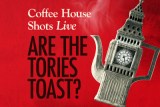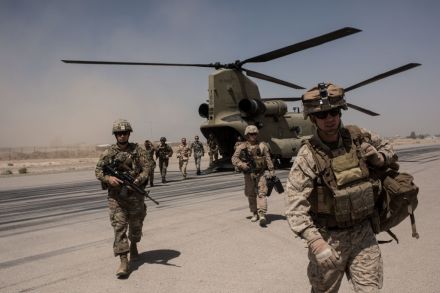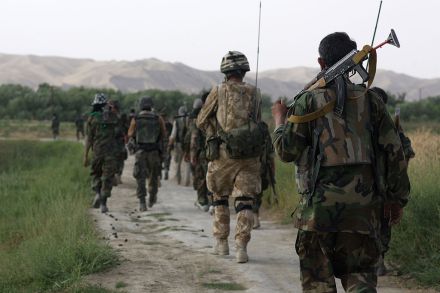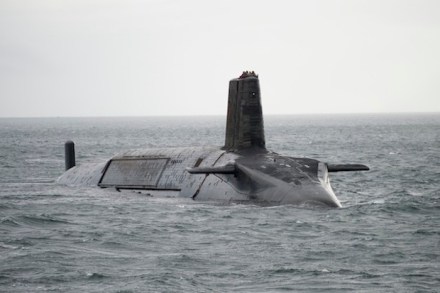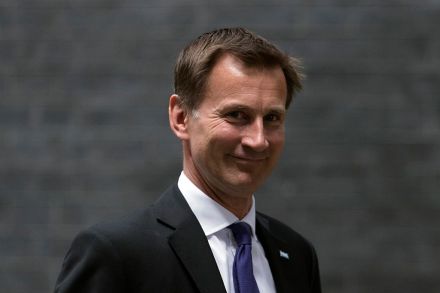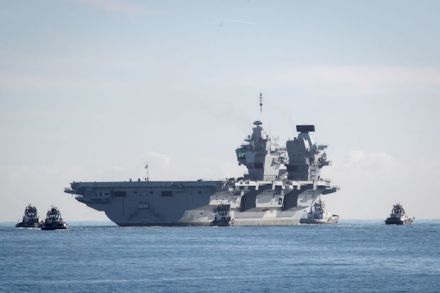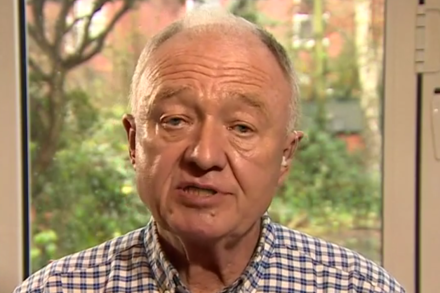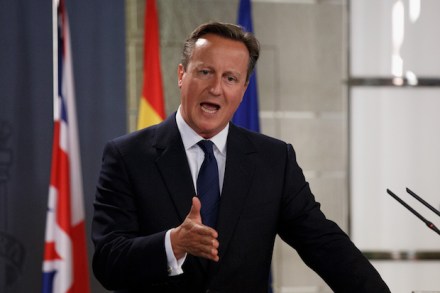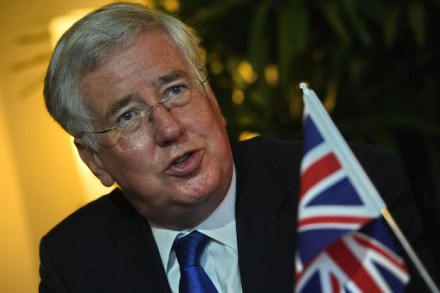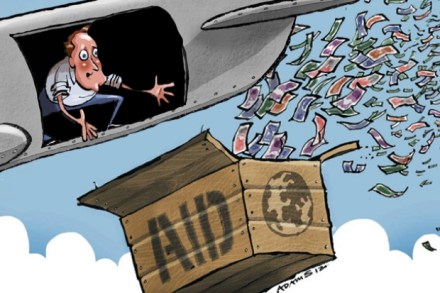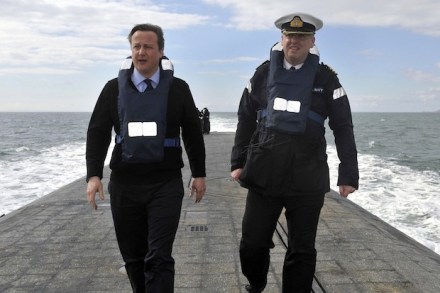Farage’s latest hero? Benjamin Disraeli
At 9 a.m on Monday morning, Nigel Farage will march into a central London venue to make one of his most audacious speeches yet. Since returning as leader of Reform UK last May, he has trodden carefully when it comes to policy. Farage quickly canned the party’s manifesto after the election, preferring to focus on a few key areas: lifting the two-child benefit cap, hiking the annual income tax personal allowance to £20,000, cutting council waste, abolishing Net Zero and renationalising steel. But his next move is more original in its thinking. Farage will announce a new policy for ‘non-doms’: British residents whose permanent home for tax purposes is outside







